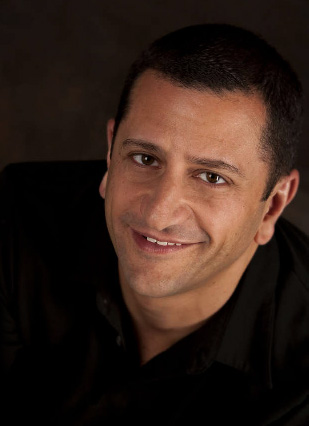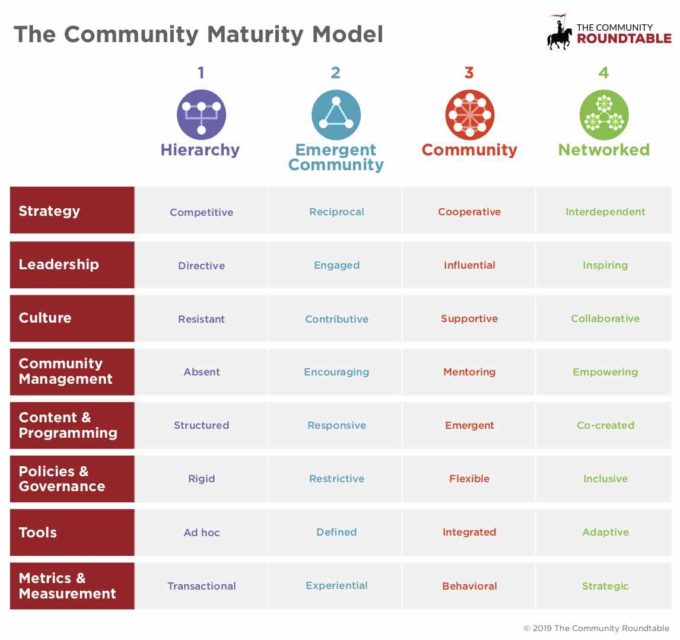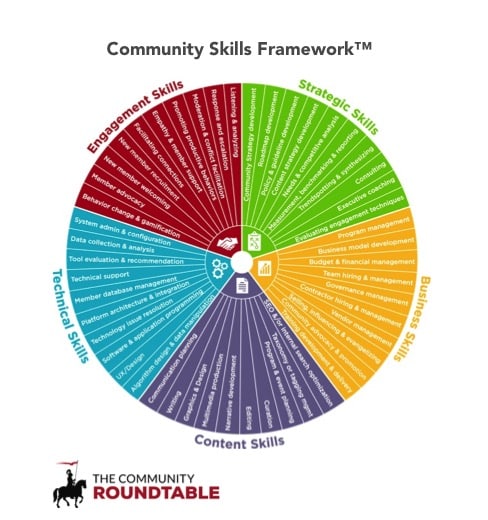 It’s a little ironic that I’m doing a podcast with Bryan since the first time we met it was to discuss the best practices and lessons learned he’d accumulated in creating podcasts for Monster.com. He taught me everything I needed to know about podcasting, which served me well at SXSWi when Aaron Strout and I recorded 15 interviews in one evening. Ah the memories…
It’s a little ironic that I’m doing a podcast with Bryan since the first time we met it was to discuss the best practices and lessons learned he’d accumulated in creating podcasts for Monster.com. He taught me everything I needed to know about podcasting, which served me well at SXSWi when Aaron Strout and I recorded 15 interviews in one evening. Ah the memories…
In this interview, Bryan shares what he’s learned working at Monster, building the highly-successful Social Media Breakfast series and with the talented team at LiveWorld.
I love how Bryan answers my question about his time as a community manager at Monster. It sounds like what a lot of community managers are experiencing today – the “tip of the iceberg” effect.
Download the mp3 (19 min/17.5 mb)
Podcast: Play in new window | Download

 I met
I met 

 What is a community manager?
What is a community manager?
![Reblog this post [with Zemanta]](https://img.zemanta.com/reblog_e.png?x-id=ac480f46-d6ab-4d65-96b7-c3c7df6c4b95)
 Social media and community are getting a lot of play these days. Depending on the day of the week, the person you are talking to and the phase of the moon, the term ‘community’ can mean any number of things.
Social media and community are getting a lot of play these days. Depending on the day of the week, the person you are talking to and the phase of the moon, the term ‘community’ can mean any number of things.![Reblog this post [with Zemanta]](https://img.zemanta.com/reblog_e.png?x-id=dcb9445d-9ecc-4a90-9e23-57649f9a63c9)
